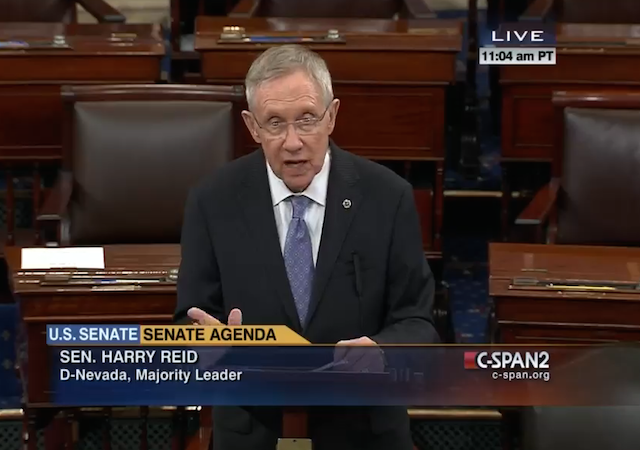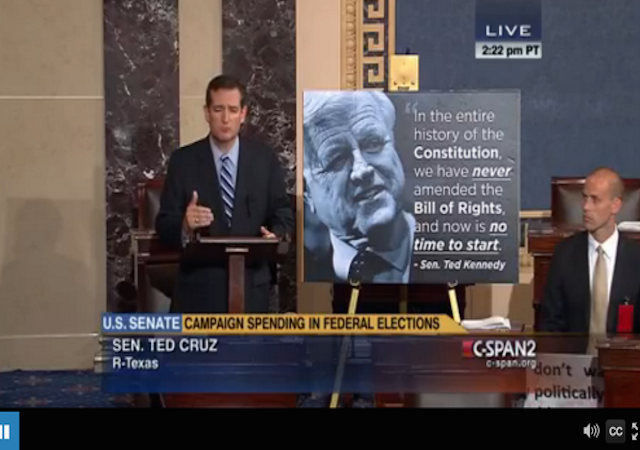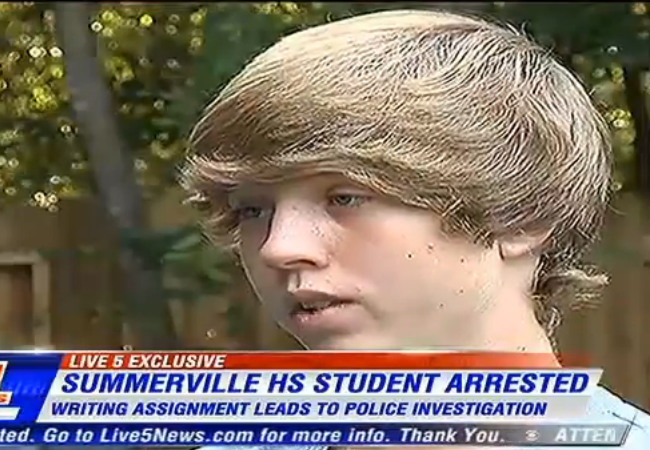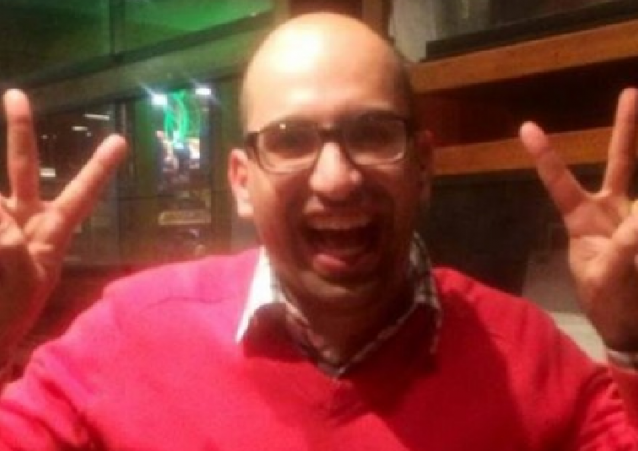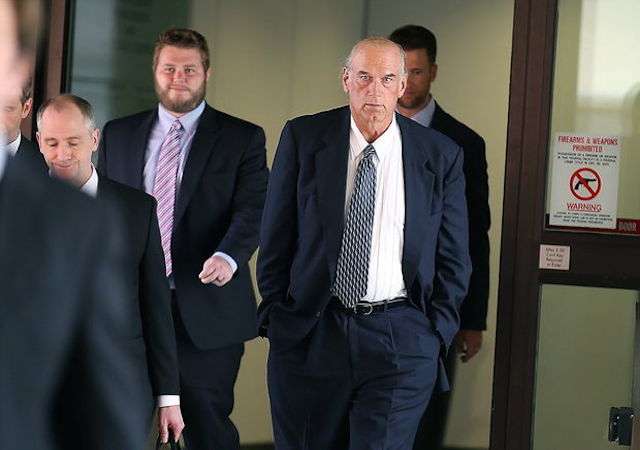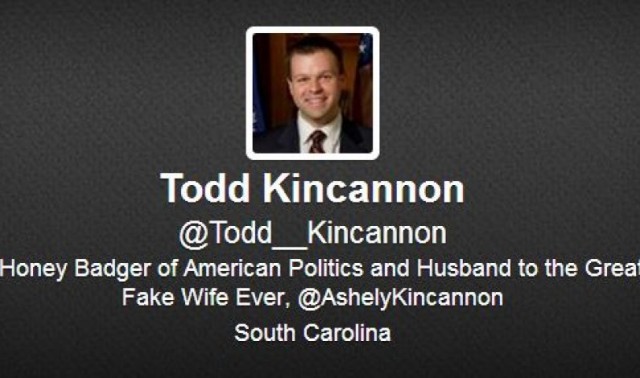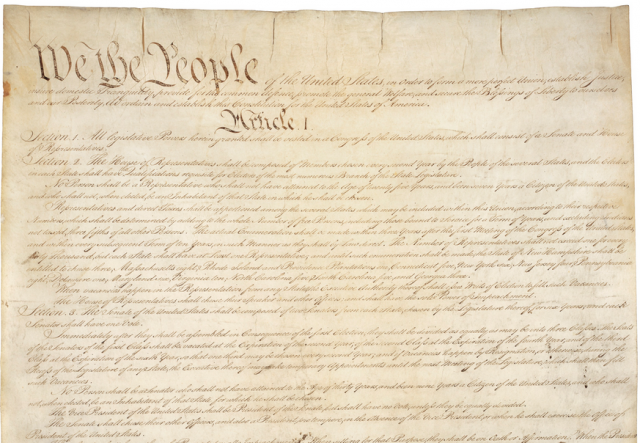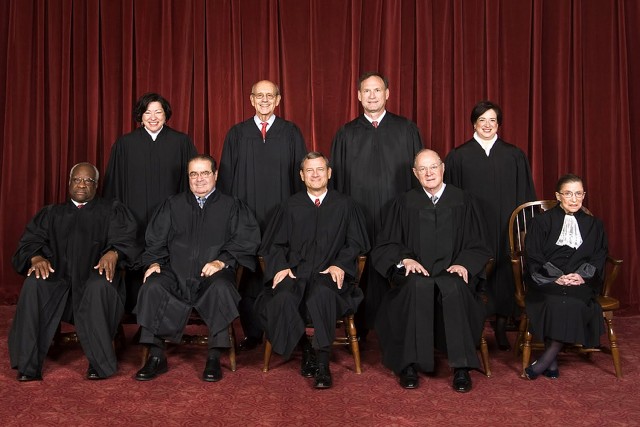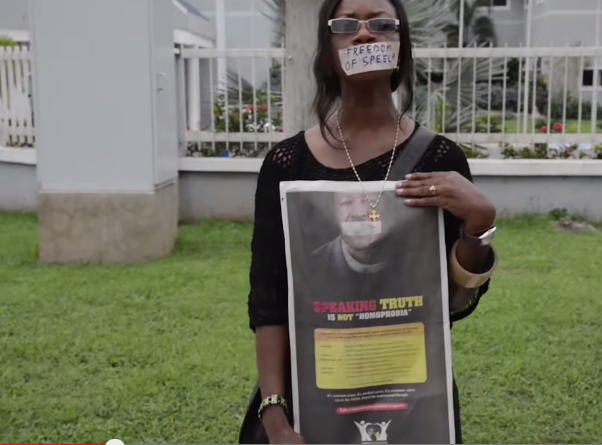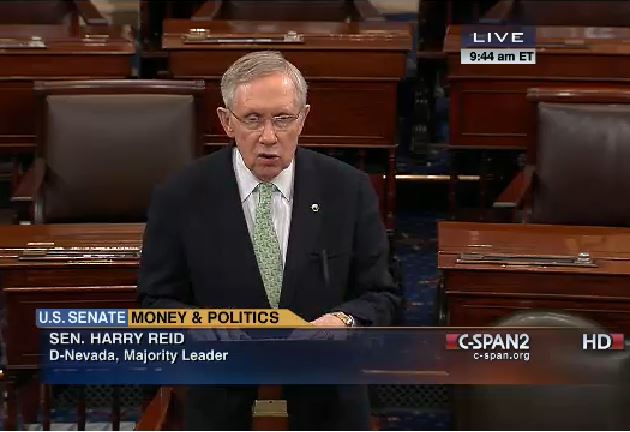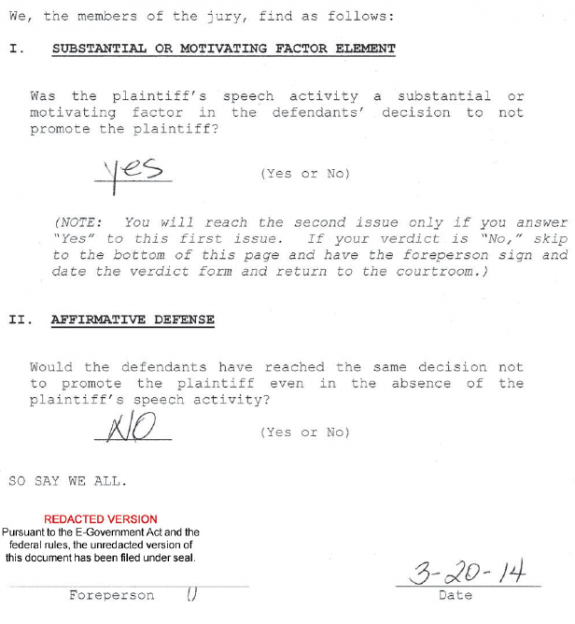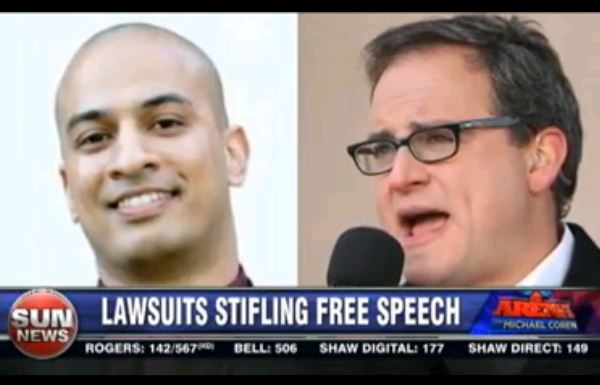Twitter sues to permit more disclosure of government snooping
on October 07, 2014
3 Comments
Turns out Twitter is also fed up with this administration's war on transparency.
Last month, Twitter released a report detailing how they'd been banned from reporting the extent of government surveillance on the platform. In that report Twitter explained:
"...if the government will not allow us to publish the actual number of requests, we want the freedom to provide that information in much smaller ranges that will be more meaningful to Twitter’s users, and more in line with the relatively small number of non-national security information requests we receive. We also pressed for the ability to be specific about different kinds of national security requests and to be able to indicate “zero requests” if that applies to any particular category of request. Unfortunately, we were not able to make any progress at this meeting, and we were not satisfied with the restrictions set forth by the DOJ.Today Twitter announced they're taking the transparency fight to court:
Our ability to speak has been restricted by laws that prohibit and even criminalize a service provider like us from disclosing the exact number of national security letters (“NSLs”) and Foreign Intelligence Surveillance Act (“FISA”) court orders received — even if that number is zero. It’s our belief that we are entitled under the First Amendment to respond to our users’ concerns and to the statements of U.S. government officials by providing information about the scope of U.S. government surveillance – including what types of legal process have not been received. We should be free to do this in a meaningful way, rather than in broad, inexact ranges. So, today, we have filed a lawsuit in federal court seeking to publish our full Transparency Report, and asking the court to declare these restrictions on our ability to speak about government surveillance as unconstitutional under the First Amendment. The Ninth Circuit Court of Appeals is already considering the constitutionality of the non-disclosure provisions of the NSL law later this week.You can read the filing in its entirety beneath:



